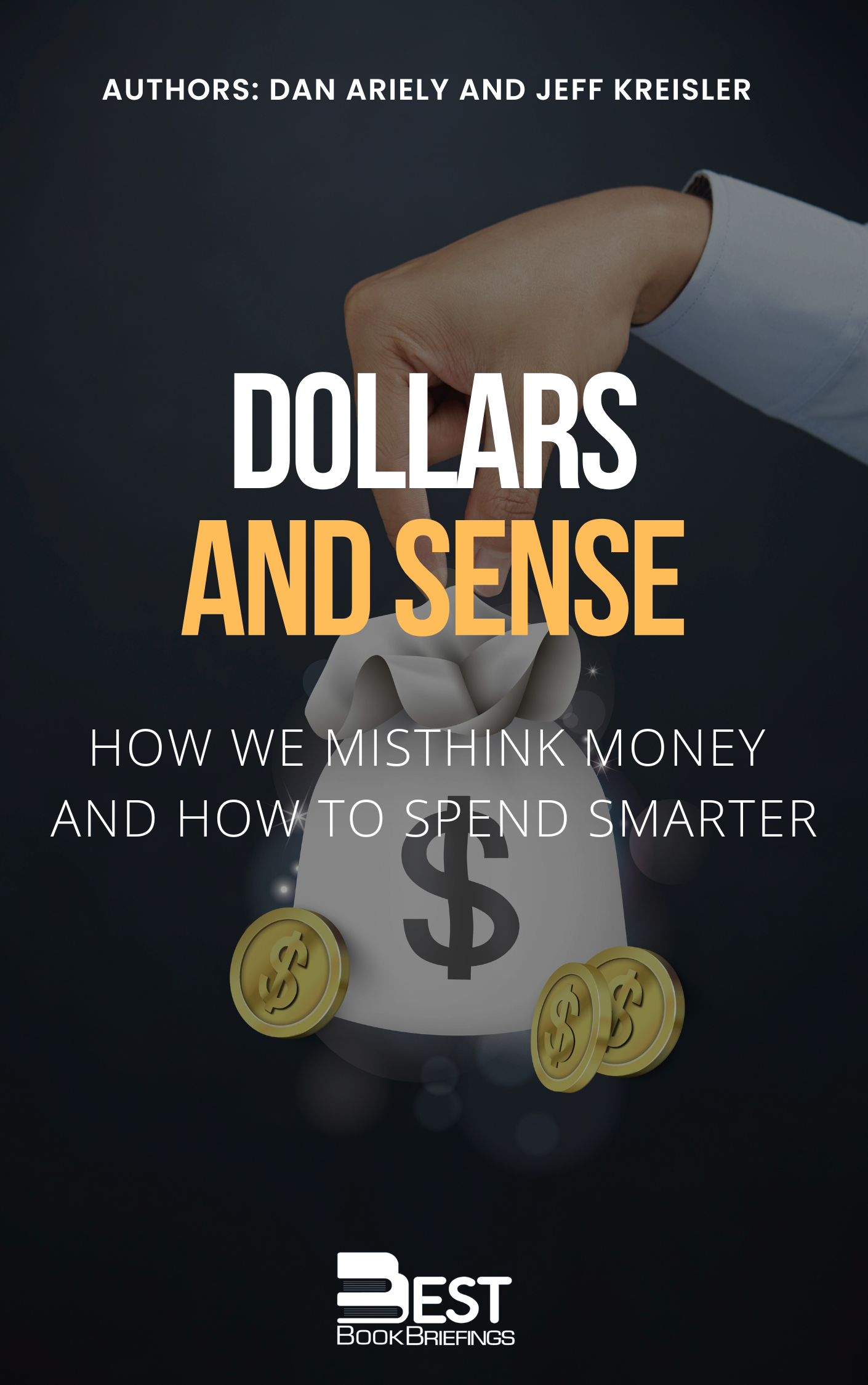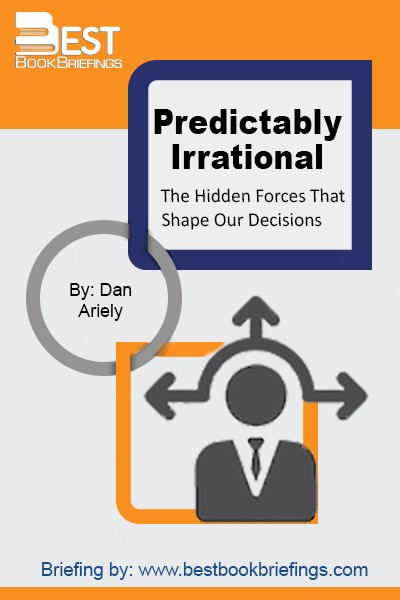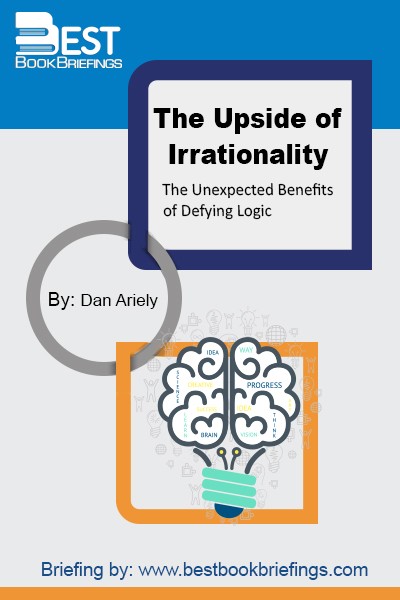Dollars and Sense
How We Misthink Money and How to Spend Smarter
Editorial Review
We think of money as numbers, values, and amounts, but when it comes down to it, when we actually use our money, we engage our hearts more than our heads. Emotions play a powerful role in shaping our financial behavior, often making us our own worst enemies as we try to save, access value, and spend responsibly. In Dollars and Sense, bestselling author and behavioral economist Dan Ariely teams up with financial comedian and writer Jeff Kreisler to challenge many of our most basic assumptions about the precarious relationship between our brains and our money. In doing so, they undermine many of personal finance’s most sacred beliefs and explain how we can override some of our own instincts to make better financial choices.
Book Reviews
Books on Related Topics

It's no surprise that a record number of Americans are declaring bankruptcy while consumer debt and foreclosures are at an all time high. Many adults simply don't have the basic financial knowledge to safely navigate today's environment of predatory lending, identity theft, and nonstop consumer marketing. What's more, they don't know
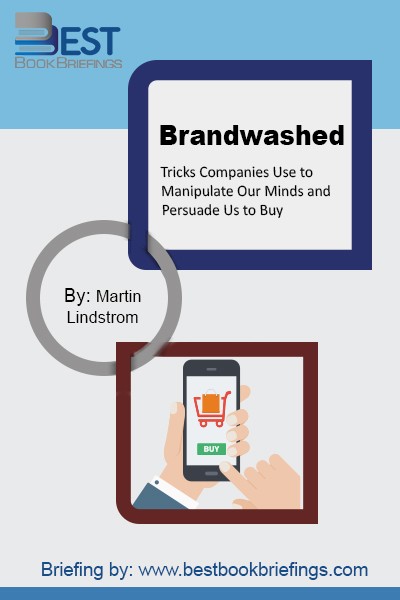
As a kid I built my own Legoland at home. I slept on a bed constructed of Lego. I was well and truly hooked on a brand. I just never realized it. Today, I am witness to brand addiction at unprecedented levels. Cunning marketers using tricks and traps designed to serve one
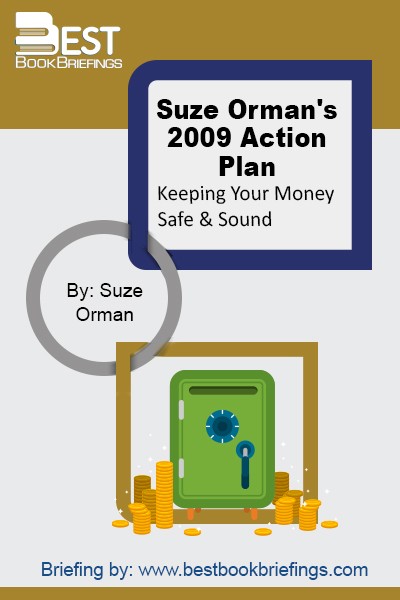
There is a new reality out there–a new normal. What was once certain–that you would be able to retire comfortably; that you would pay for your kids’ education; that your home would appreciate in value–is no longer a sure thing. So much has changed on the financial landscape that it’s hard

